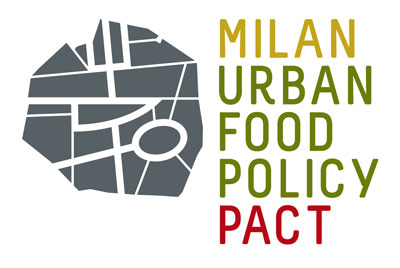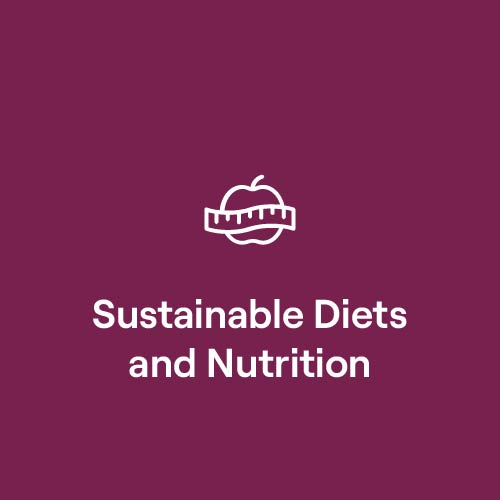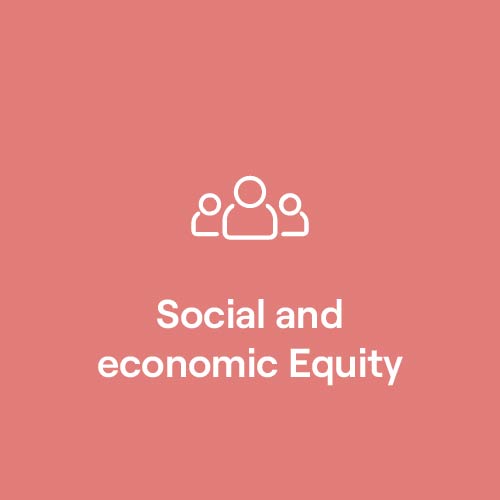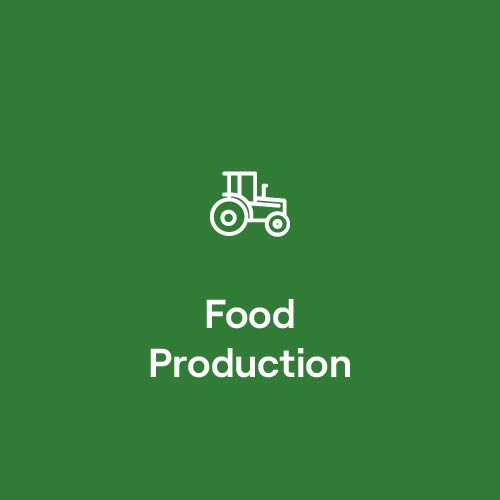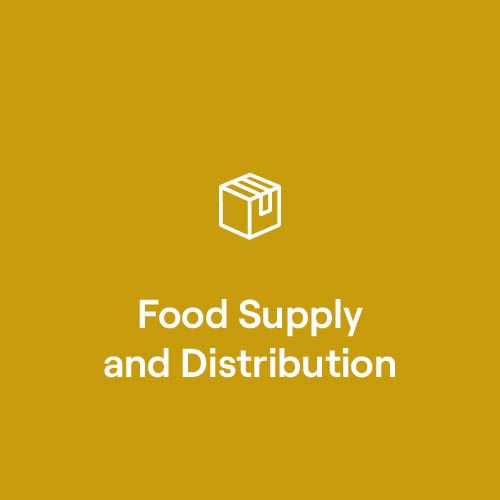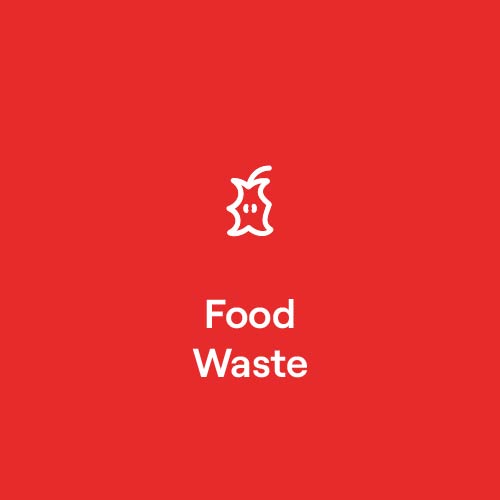Food Production
The recommended actions falling into this category are all those actions aimed at strengthening sustainable food production, stressing the importance of rural-urban linkages, such as: to promote and strengthen urban and peri-urban sustainable food production, to apply an ecosystem approach to guide holistic and integrated land use planning and management enabling secure access to land for sustainable food production, to provide services to food producers in and around cities, to support short food chains, to improve waste and water management and reuse in agriculture.
Discover the 7 recommended actions for the Food Production category.
Promote and strengthen urban and peri-urban food production and processing based on sustainable approaches and integrate urban and peri-urban agriculture into city resilience plans.
Indicators


Seek coherence between the city and nearby rural food production, processing and distribution, focussing on smallholder producers and family farmers, paying particular attention to empowering women and youth.
Indicators


Apply an ecosystem approach to guide holistic and integrated land use planning and management in collaboration with both urban and rural authorities and other natural resource managers by combining landscape features, for example with risk-minimizing strategies to enhance opportunities for agroecological production, conservation of biodiversity and farmland, climate change adaptation, tourism, leisure and other ecosystem services.
Indicators

Protect and enable secure access and tenure to land for sustainable food production in urban and peri-urban areas, including land for community gardeners and smallholder producers, for example through land banks or community land trusts; provide access to municipal land for local agricultural production and promote integration with land use and city development plans and programmes.
Indicators

Help provide services to food producers in and around cities, including technical training and financial assistance (credit, technology, food safety, market access, etc.) to build a multigenerational and economically viable food system with inputs such as compost from food waste, grey water from post-consumer use, and energy from waste etc. while ensuring that these do not compete with human consumption.
Indicators



Support short food chains, producer organisations, producer-to-consumer networks and platforms, and other market systems that integrate the social and economic infrastructure of urban food system that links urban and rural areas. This could include civil society-led social and solidarity economy initiatives and alternative market systems.
Indicators


Improve (waste) water management and reuse in agriculture and food production through policies and programmes using participatory approaches.
Indicators



